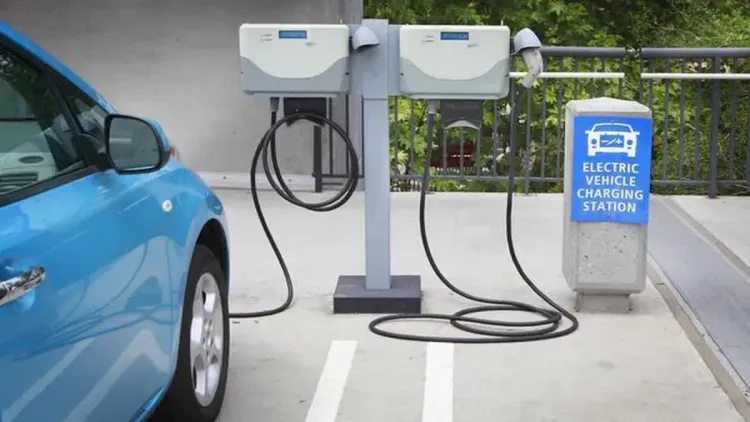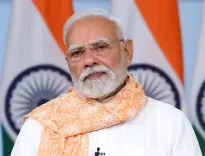Are EV Charging Operators in TN Facing Higher Power Bills After Tariff Hike?

Synopsis
Key Takeaways
- New tariffs have increased operational costs for EV charging stations.
- Fixed charges for high-tension connections have more than doubled.
- Operators are struggling with low utilization rates.
- There is a call for government support to sustain the EV charging ecosystem.
- Without intervention, the growth of public charging infrastructure may be hindered.
Chennai, July 7 (NationPress) Electric vehicle (EV) charging operators throughout Tamil Nadu are preparing for a significant surge in their operational expenses due to a major adjustment in power tariffs enacted by the Tamil Nadu Electricity Regulatory Commission (TNERC), which took effect on July 1.
The updated tariff scheme has escalated both energy and fixed monthly charges for EV charging stations, raising alarm among operators regarding the financial sustainability of public charging infrastructure in the region.
While TNERC has maintained its time-of-day (ToD) tariff system—initially launched in 2023 to promote off-peak charging—it has increased electricity prices across all time frames.
As per the new framework, charging during solar hours (9 a.m. to 4 p.m.) will now cost Rs 6.50 per kWh; during peak periods (6 a.m. - 9 a.m. and 6 p.m. - 10 p.m.), the rate has surged to Rs 9.75 per kWh, up from Rs 9.45.
Charging at night (10 p.m. - 6 a.m.) will now be charged at Rs 8.10 per kWh, a rise from Rs 7.85 previously.
However, the most burdensome aspect is the substantial increase in fixed charges for high-tension (HT) connections, predominantly used by fast-charging stations. These monthly fixed fees have more than doubled, climbing from Rs 145 to Rs 304 per kVA.
These charges are imposed based on the sanctioned load and apply irrespective of actual usage. For instance, a 50 kW fast-charging station, which used to incur around Rs 1,300 in fixed charges, will now face a monthly bill of Rs 2,750—excluding electricity taxes.
This situation is anticipated to further strain operators' finances, who are already grappling with low utilization rates.
K.P. Karthikeyan, Director of the Indian Charge Point Operators Association, labeled the hike as a significant blow. “Our average electricity cost used to hover around Rs 9 to Rs 9.50 per unit. With the new tariffs, it has surged by approximately Rs 2.50 per unit—that’s a 20 percent increase in power expenses,” he noted.
He pointed out that while increased usage might mitigate some of the impacts over time, most public charging stations currently function at merely 5 - 6 percent capacity, and even the best-performing sites seldom surpass 15 - 16 percent utilization.
“This is a fixed expense,” he stressed. “Thus, unless utilization experiences a significant rise, this tariff increase effectively results in a 20 percent rise in our operational costs.”
The tariff changes arrive at a moment when the state is advocating for enhanced EV adoption and expanding the charging network. Operators are now appealing to the state government to reassess the policy framework and contemplate providing incentives or subsidies to sustain the viability of the EV charging ecosystem.
Without such assistance, many are concerned that the heightened costs could hinder Tamil Nadu's progress in establishing a solid, affordable public charging infrastructure.








